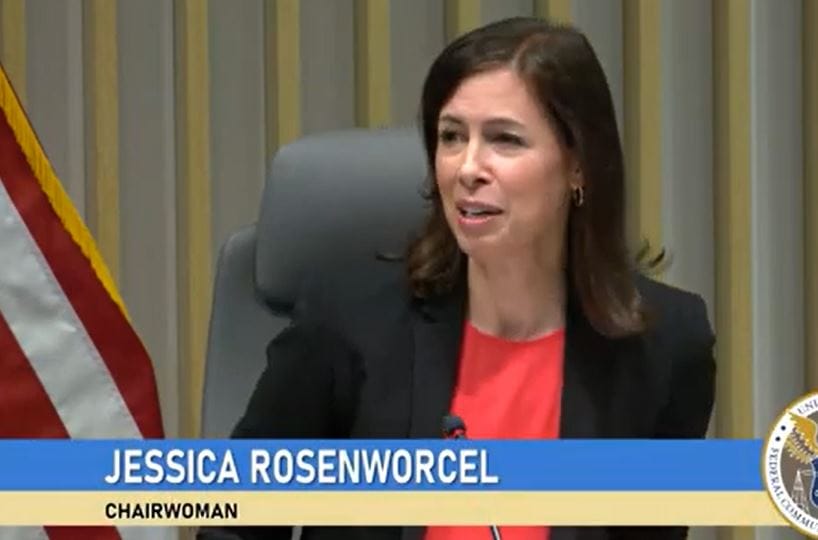cyber security
A proposed $200 million pilot program was approved by a 3-2 vote


WASHINGTON, June 6, 2024- The Federal Communications Commission on Thursday took the first step toward creating a pilot program to invest millions of dollars into cybersecurity software for eligible K-12 schools and libraries.
The agency voted to adopt the proposal 3-2, with Republican Commissioners Brendan Carr and Nathan Simington dissenting.
“The vulnerabilities in the networks that we use in our nation’s schools and libraries are real and growing, so today we’re going to do something about it,” FCC Chairwoman Jessica Rosenworcel said in her statement.
The proposal, first introduced last November, would provide $200 million from the Universal Service Fund to pay for firewall protections in eligible schools and libraries over the next three years. The funds will also go toward studying the most effective equipment, services and tools to safeguard digital infrastructure.
“This pilot program will help the FCC and partners… explore the cyber security needs of schools and libraries and leverage existing resources,” Commissioner Anna M. Gomez said in her statement of support.
Rosenworcel cited findings from the Government Accountability Office, which stated that loss of learning from disruptions can range from three days to three weeks, while total technology recovery time for the entire school district can take as long as nine months.
“The expense of addressing these attacks may [cost] millions for districts that never had this kind of thing as a line item on their annual budget,” Rosenworcel said.
In his supporting statement, Commissioner Geoffrey Starks said that school districts are particularly vulnerable targets because they are data-rich environments that typically lack cyber expertise.
“Our schools and libraries need additional help, so I’m proud to support today’s E-rate cybersecurity pilot,” Starks said.
While Carr agreed that libraries and schools need an “appropriate” level of cyber protection, he ultimately dissented because he believed the FCC was extending the FCCs authority beyond what is permitted by federal law.
“I wanted to be particularly sure we were on exceptionally firm legal footing here, [but] at the end of the day I wasn’t able to get there,” Carr said.
Simington also dissented for similar reasons.
“Cyber security is a highly laudable use of E-Rate funds, but I am concerned the authority we cite in the item does not support the move we make today,” Simington said.


